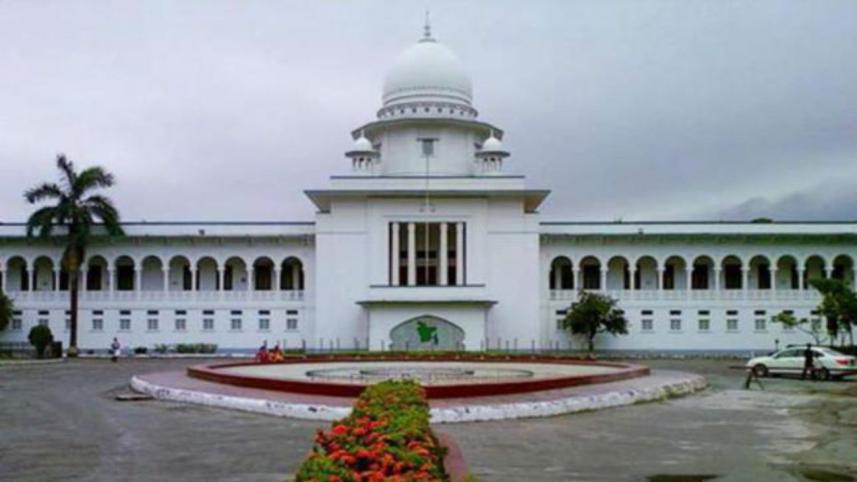A welcome ban

We welcome the High Court's recent decision to prohibit the use of the much-criticised "two-finger test" on rape survivors—a landmark judgement that was long overdue. Activists, experts, and lawyers have constantly highlighted over the years why the physically invasive test, a remnant of archaic colonial law, is legally unsound and scientifically inaccurate. A major step has been taken through this judgement—we hope it provides impetus to address other institutional and legal deficiencies which not only impede justice, but also discourage many survivors from seeking justice in the first place.
But we must remember that the struggle to ensure justice for rape survivors and remove impediments towards that end is not over. It is imperative that the problems in the collection of medico-legal evidence, providing support and a gender-sensitive environment for rape survivors in medical facilities and court processes are now addressed. The laws defining rape in this country have not evolved to take into account the issue of consent as the burden of proof or the concept of marital rape. The laws still define rape as perpetrated by a man on a woman—this too needs to be reformed. Furthermore, Section 155(4) of the Evidence Act 1872 still allows for the issue of a victim's character, including sexual history, to be brought up by the defendant in court to question her allegation.
And though much has been done in terms of policy to ensure quick collection of evidence after rape and in ensuring speedy trials, implementation remains shaky. The same is true in terms of implementation of a previous HC directive to set up complaint centres against sexual violence in all education institutions. These must be addressed.
At the same time, now that the problematic test has been prohibited, it is important to equip medical centres where medical evidence is collected around the country, especially remote areas, with the right training and means to collect evidence.



 For all latest news, follow The Daily Star's Google News channel.
For all latest news, follow The Daily Star's Google News channel.
Comments